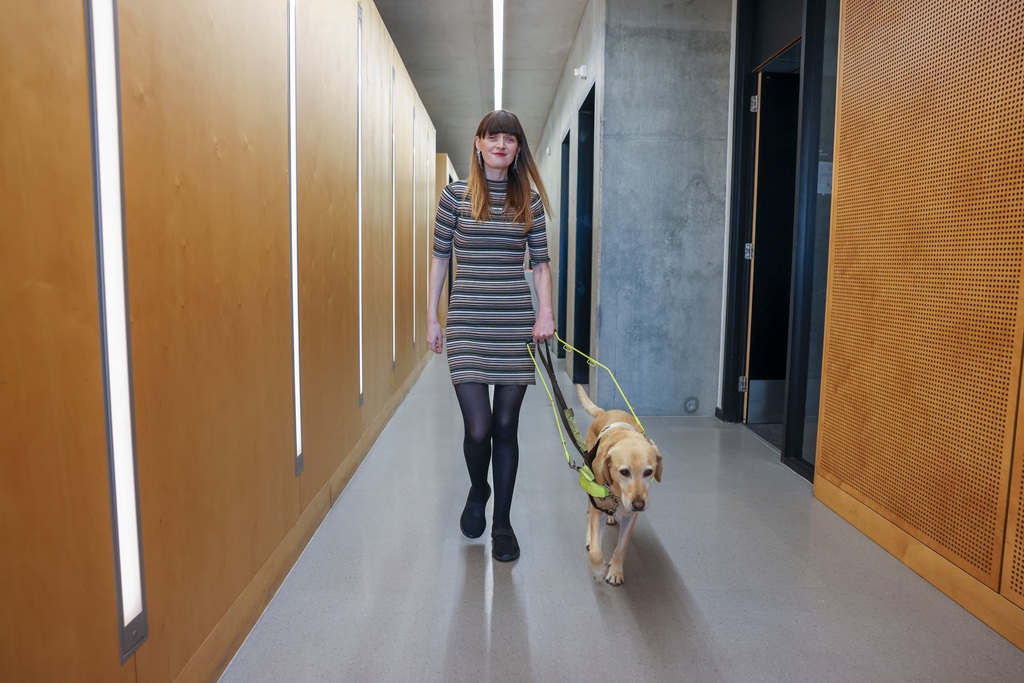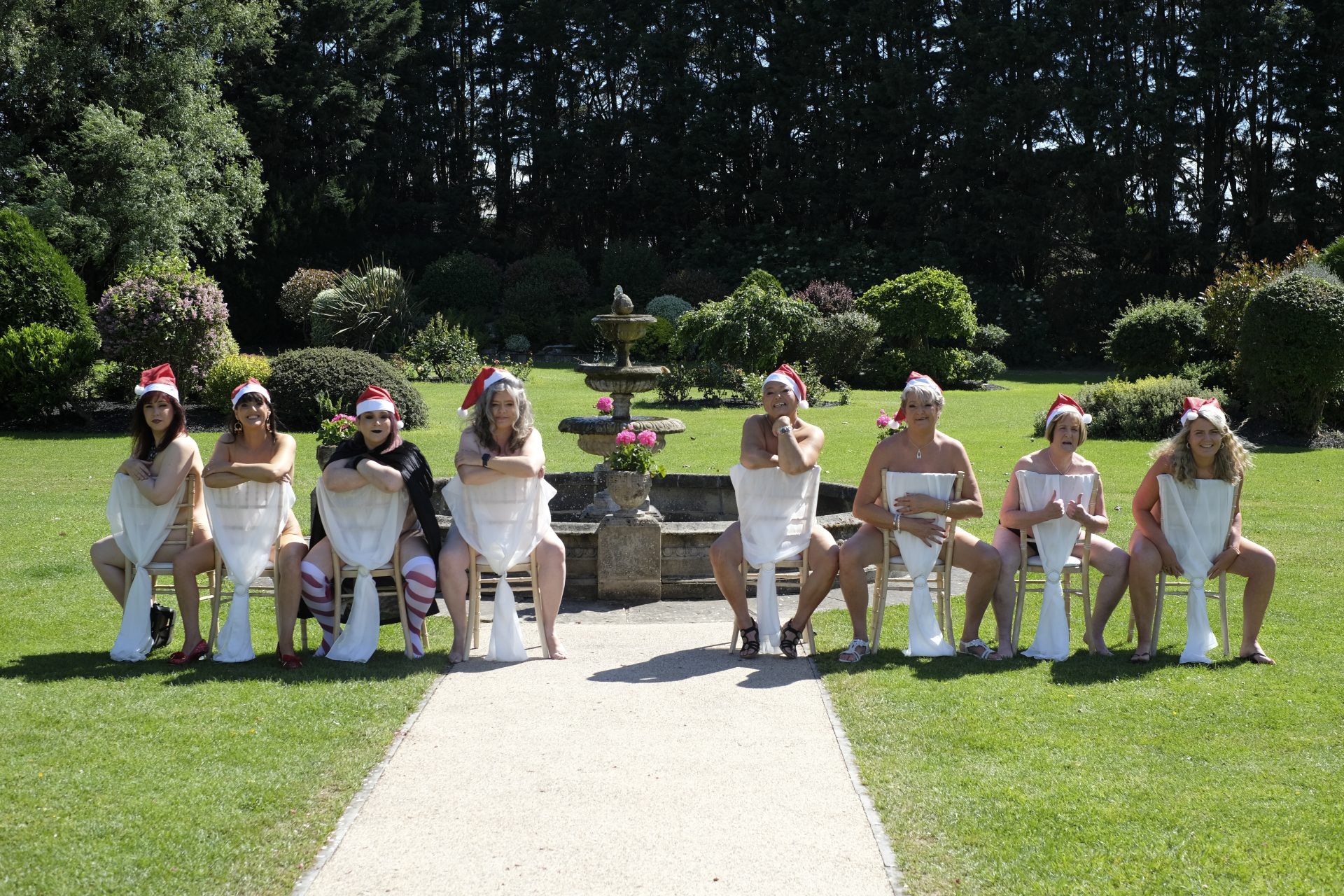What is Usher Syndrome?

Usher Syndrome is a genetic, inherited condition which causes hearing loss, sight loss and in some cases, poor balance. The sight loss is caused by Retinitis Pigmentosa (RP) which is the result of the deterioration of the retina.
This causes a progressive loss of peripheral vision (sometimes called tunnel vision) and night blindness. There are three main types of Usher Syndrome. But, as with lots of complex syndromes, not everyone fits neatly into the three clinical types. This can make it difficult to diagnose, however it is not uncommon and such cases are referred to as Atypical.
Usher type 1
People with type 1 are usually born with a profound hearing loss in both ears and many experience balance problems from birth. Many people will use British Sign Language (BSL) as their primary language.
Usher type 2
This usually causes a mild to severe hearing loss in both ears, which can deteriorate over time. People with Usher type 2 will usually develop RP by their early 20’s. People who have Usher type 2 tend to communicate using speech, often supported by hearing aids and lip reading.
Usher type 3
This causes gradual sight and hearing loss as well as balance problems, which occurs later than for those with types 1 and 2. Most people with Usher type 3 will communicate by speech, supported by hearing aids and lip reading.
How Common is Usher?
Studies indicate that there are around 10,000 people with Usher in the UK.
Managing Usher Syndrome
Because sight and hearing change over time, people have to repeatedly adapt to new circumstances, developing and changing coping strategies as they go. As with most things, eating healthily will support eye health for as long as possible. It is also important to get regular eye checks to monitor any changes in vision. These can also highlight other complications such as cataracts.
Good protection from UVA and UVB via sunglasses or lenses with inbuilt UV filter is recommended to protect from cataracts and age-related macular degeneration.
Cure and research
Currently there is no cure for Usher Syndrome. However, there are studies looking into the genetic causes of Usher and clinical trials are being carried out. In the future, retinal implants may be more widely available and of use for even those with advanced RP. These are currently only available in the USA.
For more information about Usher Syndrome, please contact our helpline:
Tel: 0800 132320
Text: 07903572885
Email: [email protected]
Text relay: 18001 then 0800 132320
Facetime: [email protected] (Not BSL)
BSL video relay: Please click here
Let’s keep in touch!
Join our mailing list and we will keep you up to date about our projects and opportunities to get involved with Deafblind UK.
More Articles

Bridging the Employment Gap for People with Deafblindness
Together, we can help close the employment gap and ensure that people with dual sensory loss have every opportunity to...

Meet the creator behind the new Blind Naked Calendar!
Megan from our fundraising team chatted with Blind Naked Calendar creator, Josephine, to find out about her life as someone…

London Marathon 2025 – meet our runners!
The countdown is on! The TCS London Marathon 2025 is fast approaching, and our incredible #TeamDeafblindUK runners are lacing up…
